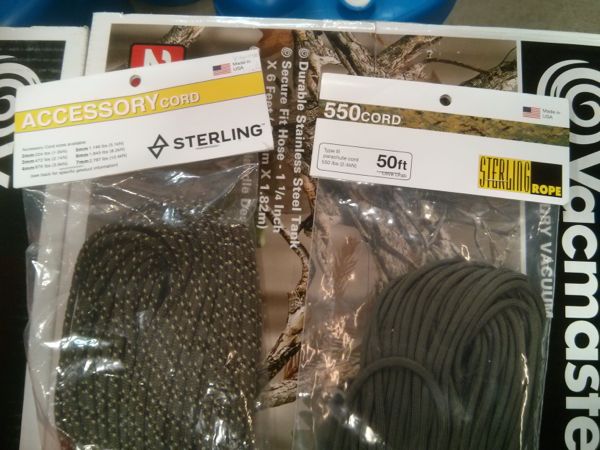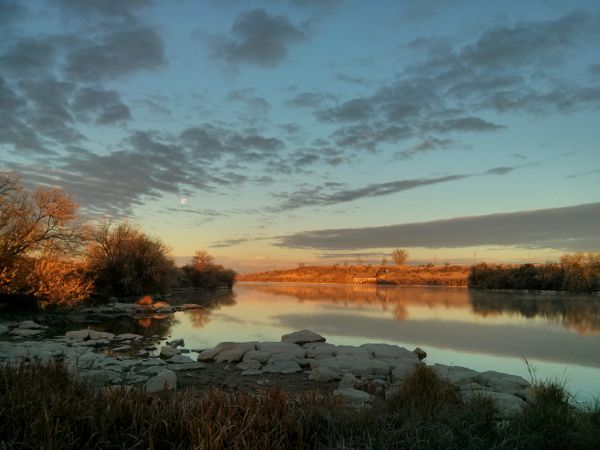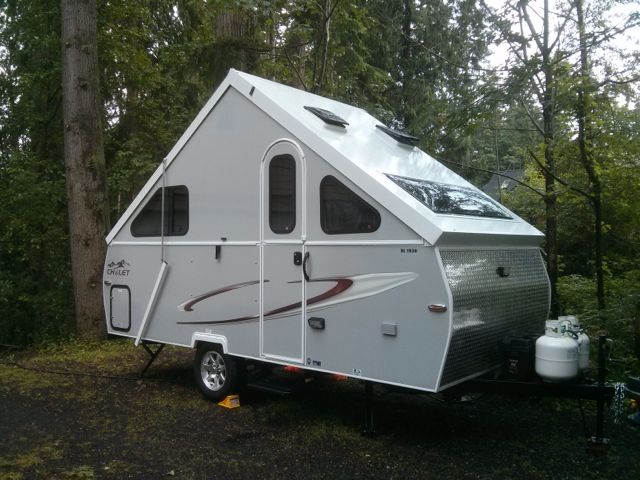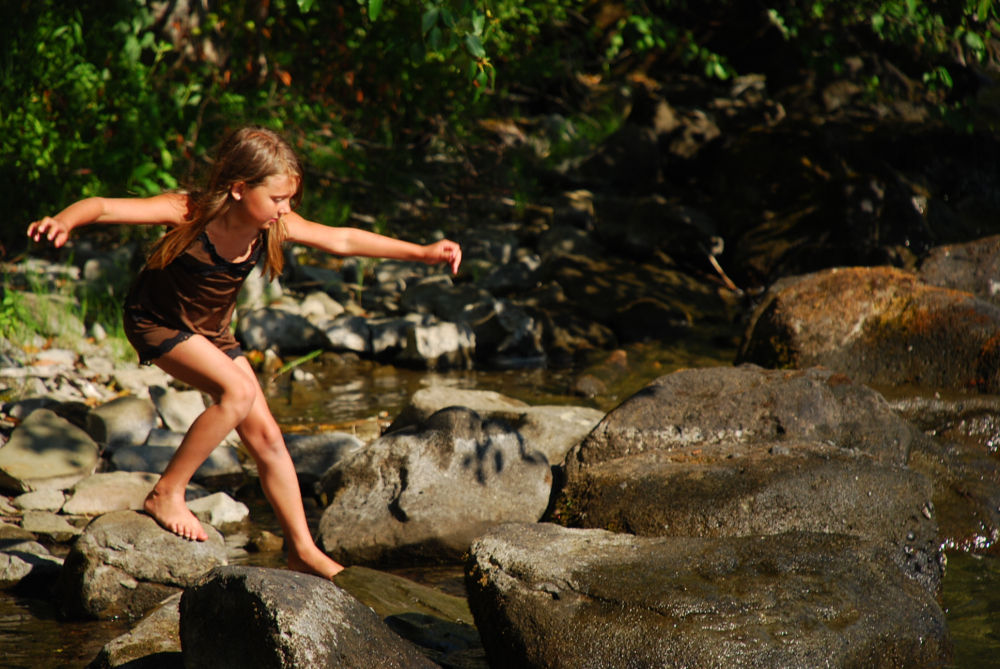The way it is
 September 18, 2017
September 18, 2017 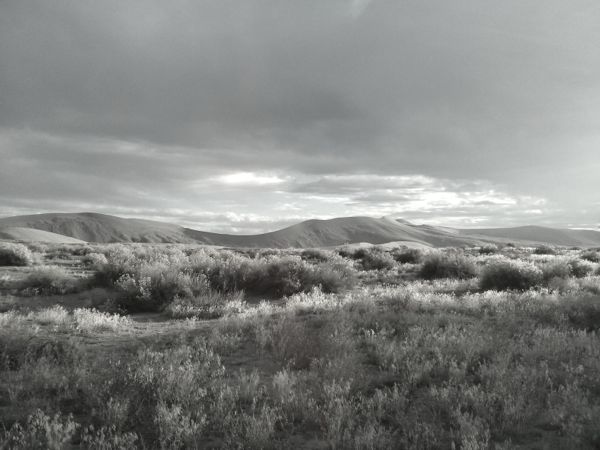
When I began this blog last year, I chose the opening line of William Stafford’s poem “The Way it Is” as the tagline:
There’s a thread you follow.
I knew this poem was important to me when I first read it many years ago, but I didn’t realize just how appropriate it would be for this past year. As I reflect on where I am at now, I realize that this poem puts into words what has been most important to me in our travels.
There’s a thread you follow. It goes among
things that change. But it doesn’t change.
********
Over the past year, we have lived in 80 different places. All of this moving around has made it clear what does change—which is pretty much everything. The people, plants, and animals all change. My thoughts, emotions, hopes, dreams, and fears all change. My relationships change, as does my personality. Weather, seasons—even the sun, moon, and stars all change, though you might have to wait awhile for that.
As Stafford says:
Nothing you do can stop time’s unfolding.
And yet, even in the midst of all this inevitable change, there is this thread.
While you hold it you can’t get lost.
The thread isn’t something I can describe directly. Like Stafford, I can only assert that it exists. There is no proof of it other than the action of following it. And I can only indicate where it is by recognizing where it is not. But when I returned back to familiar people and places this summer (noting the changes that had happened there as well) I realized that the true gift of this year was this simple: that in the quiet, I could feel that thread inside me.
********
I thought I was going to do a lot of reflecting and writing on the past year. I expected to spend this month creating a thorough retrospective of everything I had seen and done and learned. But though there are many experiences for which I am grateful—seeing Zion, meeting the community in Cascabel, getting comfortable using a laundromat, living for a while around cattle and horses, learning to walk in the desert, feeling the vast expanses of the Southwest, returning to friends and family…to list just a few—I think that my retrospective is done.
It is not the breadth of my experience that is most important, but the simplest thing that can be distilled out of all that experience. And that simple thing is this:
There's a thread you follow.
Following this thread led me into this year. It led me through this year. And following my thread will take me wherever I go next. That is enough.
So in the end, all that I learned this year was already there, right in front of me, all along.
The Way it Is
by William Stafford
There’s a thread you follow. It goes among
things that change. But it doesn’t change.
People wonder about what you are pursuing.
You have to explain about the thread.
But it is hard for others to see.
While you hold it you can’t get lost.
Tragedies happen; people get hurt
or die; and you suffer and get old.
Nothing you do can stop time’s unfolding.
You don’t ever let go of the thread.
---------------------
p.s. I noticed that this was the only picture I took on our one-year anniversary two weeks ago. I guess some part of me was already tuning into the meaning of this year...and has a sense of humor...
